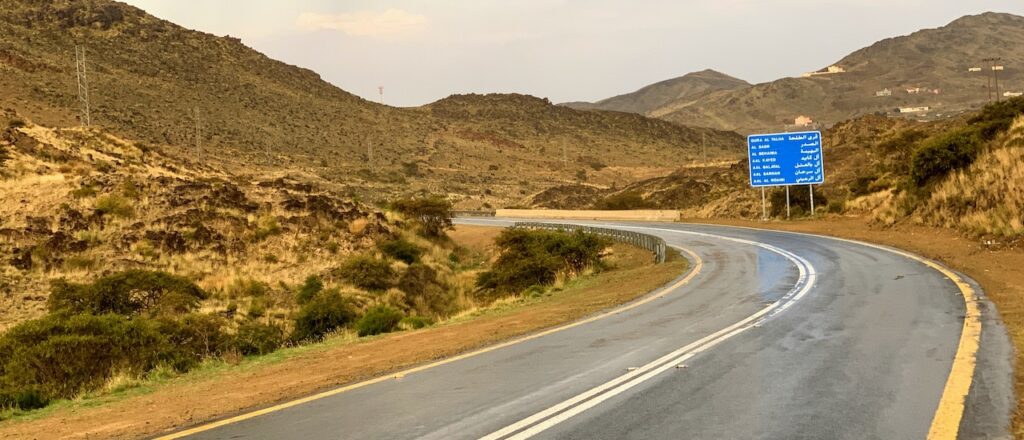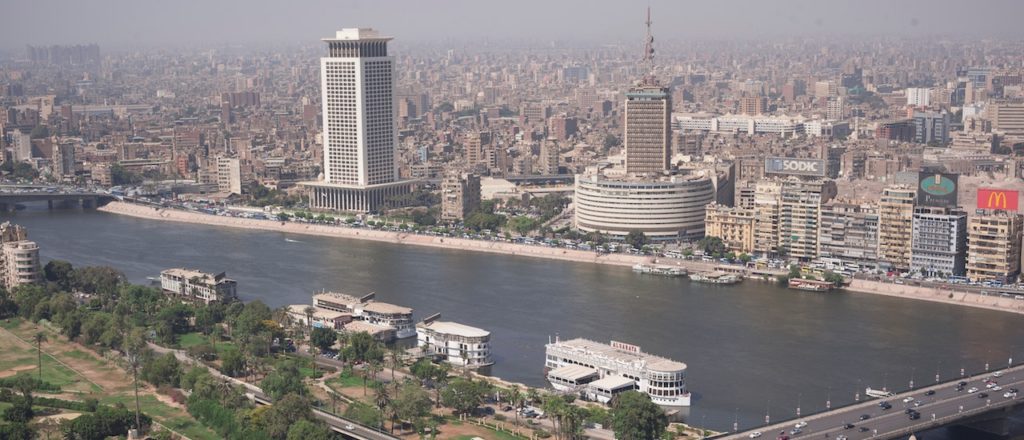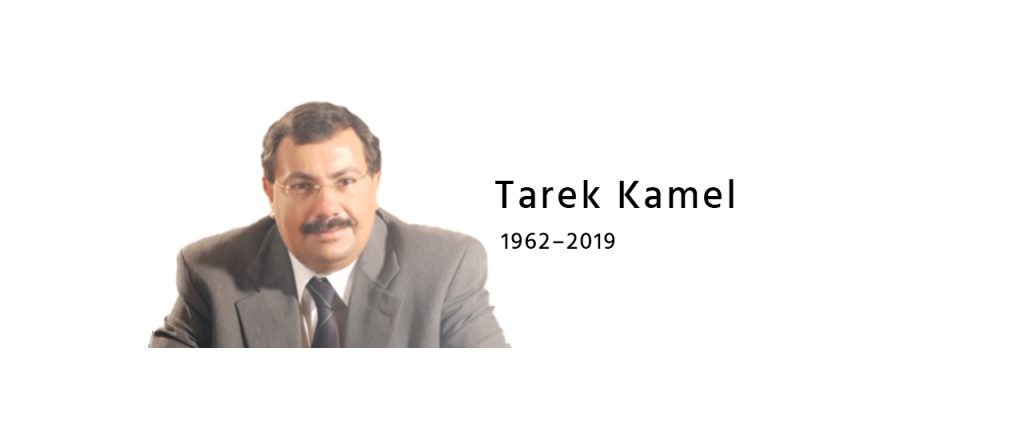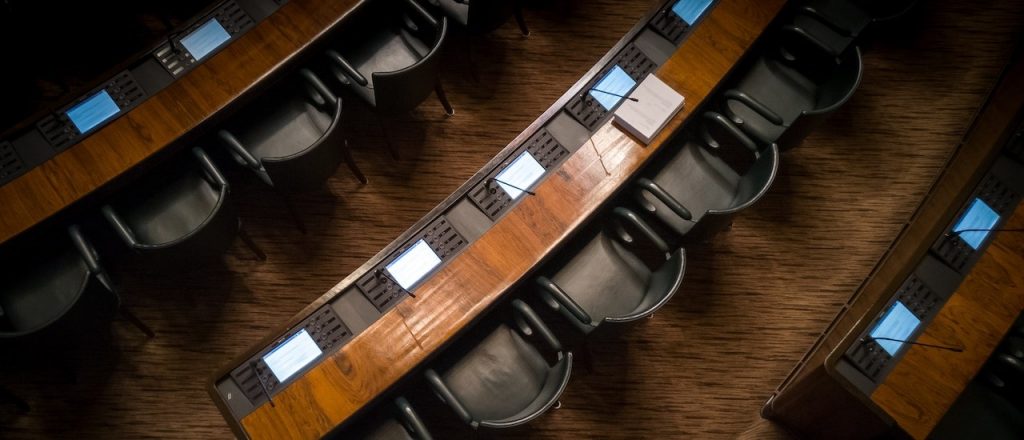Author Archives: Nermine El Saadany
Author Archives: Nermine El Saadany

In the Middle East and North Africa (MENA), some countries have responded to the challenges of the global pandemic by enacting policy changes, like temporarily lifting VoIP bans so citizens can communicate more easily. It’s giving the region a glimpse of the instant social and economic benefits of a thriving Internet. But are there other […]
The post How Working ‘The Internet Way’ Helped the Middle East and North Africa Score Social and Economic Benefits appeared first on Internet Society.

In September the Internet Society, in cooperation with Middle East Network Operators Group, held an online workshop on Internet Exchange Points (IXPs). This was part of a workshop series launched by the Internet Society to foster open dialogue and coordinate with governments and other stakeholders to achieve digital transformation across Arab countries. Last year, workshops included the participation of several governments, including Saudi Arabia, Kuwait, Oman, Bahrain, and Jordan.
These discussions provided a framework for two policy documents: Middle East & North Africa Internet Infrastructure Report and Internet Infrastructure Security Guidelines for the Arab States. The reports show that supporting and developing the few existing regional IXPs, plus creating new ones, is an essential requirement for developing the Internet in the region.
The September workshop was divided into two parts: In the first part, a number of experts from Africa, Europe, and Asia shared their experiences in establishing and operating IXPs. The second part was an open discussion with participants.
The workshop aimed to explain the role of each stakeholder in establishing and operating IXPs – in addition to reviewing the best practices applied around the world, drawing on experiences from Italy to Pakistan.
IXPs create a direct path Continue reading

Even before COVID-19, political and economic scenes within the MENA region were changing. Differences across economies, politics, religion, and even the weather kept governments occupied.
Amid all that, the region has been shaken by COVID-19 as nations have moved operations into the home.
Looking at this from a technology perspective, we must ask ourselves: Are we ready for this? Are we able to transfer all our businesses and schools to our homes? Do we have an adequate Internet-based economy and good quality connectivity to back up the huge demand?
There’s no question that the Internet provides significant economic and social benefits. COVID-19 has made that especially clear. For many parts of the world, it has allowed us to carry on. But for the first time, governments have had to face the reality that there is no time for pilot projects. This is happening and it is happening now.
COVID-19 has opened the world’s eyes to how critical the Internet is for the economy. How can the Middle East build on what COVID-19 has taught us about the Internet and connectivity? The Internet Society has released two papers that can help develop the answers: “Middle East & North Africa Internet Continue reading

It was indeed very sad news yesterday that Tarek Kamel passed away. Despite his suffering and illness, no one expected death could be that close. Just last week I was chatting with friends in common about his persistence in planning to attend the upcoming ICANN meeting in Montreal, with permission from his doctors. That was Tarek Kamel: always forward looking and a real fighter for what he believed in.
Tarek’s death moved not only his family and friends, but a wider group, especially in the Internet community. Let me share why.
Who is He in a Nutshell?
Tarek Kamel had a Ph.D. in electrical engineering and information technology from the Technical University of Munich. From 1992 to 1999, he was the manager of Egypt’s Communications and Networking Department at the Cabinet Information and Decision Support Centre (IDSC/RITSEC). During this period, he established Egypt’s first connection to the Internet, steered the introduction of commercial Internet services in Egypt, and co-founded the Internet Society of Egypt (the Egyptian Chapter).
Kamel joined the Ministry of Communications and Information Technology at its formation in October 1999, where he was appointed senior advisor to the minister. Then he served as the minister of communications and information Continue reading

12 October to 6 November 1998, Minneapolis, United States: a point in time that cannot be forgotten. The ITU Plenipotentiary conference (PP-98) took place, recognizing perhaps for the first time points that impacted the future of Information and Communication Technologies (ICT) diplomacy.
The conference acknowledged the need to have the private sector as part of the union membership, together with the “associates category” for some of its study groups. Furthermore, the resolution calling for the World Summit on the Information Society (WSIS) first emerged, introducing ITU’s role in the “evolution of Internet as a means of global communication.”
The scene prior to this was an intense discussion on digital evolution. Governments were starting to understand how ICTs could help solve many issues and contribute to economic growth. The “divide” that was once prevailing between the north and the south economically, or between the developing and developed world, quickly started to shift to a “digital divide,” not only between different countries and regions, but among one country and its own boundaries and cities.
In 2001, the ITU Council approved the WSIS Summit in two phases (2003 in Geneva and 2005 in Tunisia). Later, the UN General Assembly approved the Continue reading